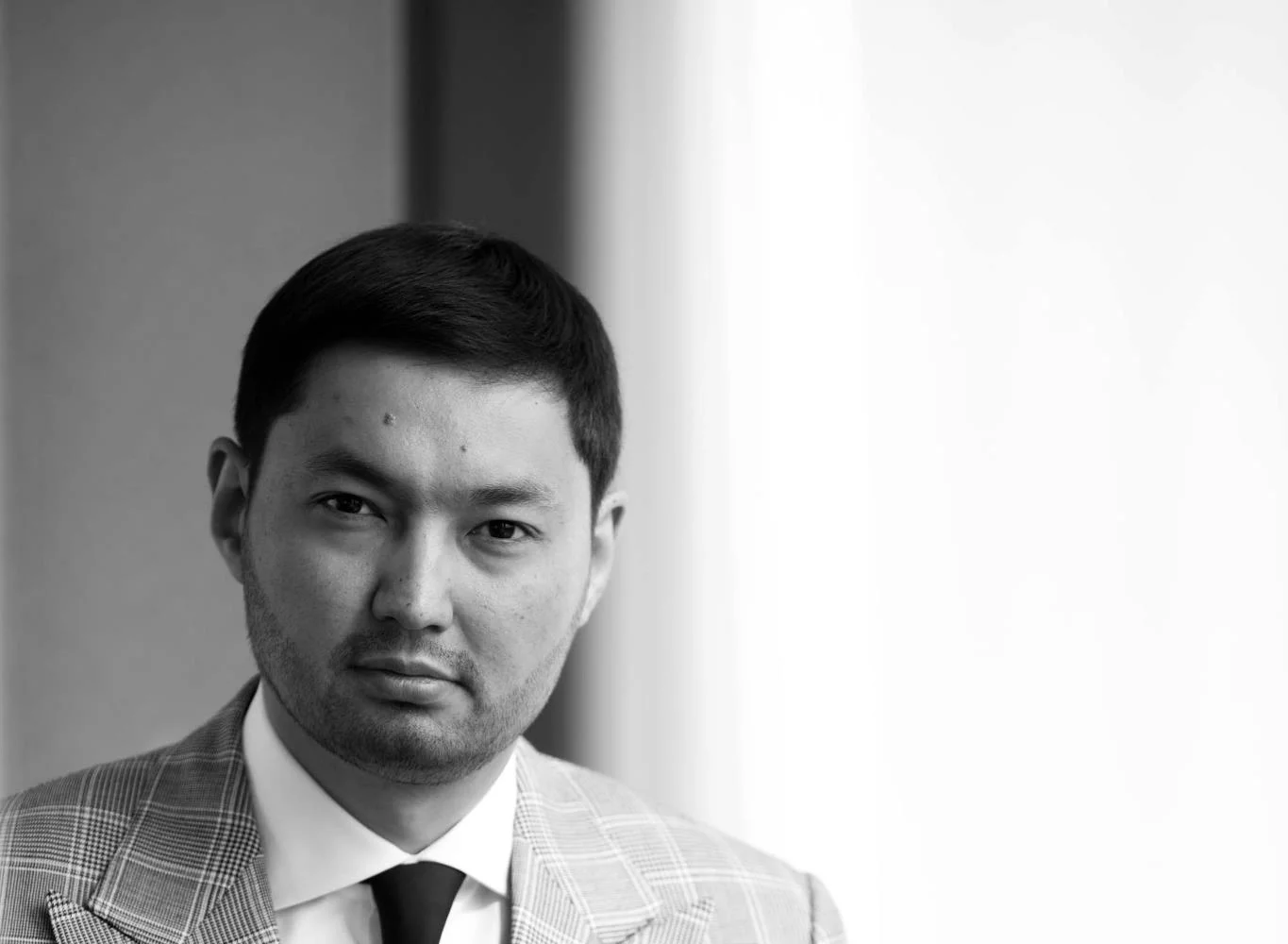The $7.5 billion scam: Kenes Rakishev “forgave” himself debts.

Corrupt officials in Kazakhstan orchestrated a grandiose scheme with the help of the former owner of Kazkommertsbank (Qazkom), a shareholder of BTA Bank, Kenes Rakishev. The elaborate maneuver, involving the “young oligarch” of the Kazakh state treasury, cost at least $7.5 billion.
Rakishev became overly engrossed in mergers and acquisitions, and the Russian-Ukrainian war that began in 2014, the imposition of sanctions against the aggressor country, and the subsequent drop in oil prices, crucial for the Kazakh economy, significantly impacted the capital tied to Kenes.
Even before the crisis, in 2012, Kazkommertsbank undertook a highly risky acquisition of BTA Bank. Sometime in 2013 (according to other sources, in 2014), Rakishev became the chairman of the board of directors of BTA. The cost of acquiring this company and the subsequent restructuring of problem loans amounted to about $20 billion. This became a serious problem for Qazkom – in mid-2014, BTA’s troubled loan portfolio accounted for 2.4 trillion tenge ($7.5 billion), nearly 90% of the loan portfolio of the absorbed financial institution.
In 2014, the acquisition of BTA Bank by Kenes Rakishev and Kazkommertsbank was announced. In 2015, Kenes Rakishev became the owner of a controlling stake in Kazkommertsbank. Around the same time, Kazkommertsbank opened a credit line of 2.4 trillion tenge ($7.5 billion) to BTA Bank, which was then controlled by Kenes Rakishev. Later, these 2.4 trillion tenge would become “problematic loans.”
In early February 2016, it was reported that Qazkom sold shares of BTA Bank to its shareholders, Kenes Rakishev and Nurzhan Subkhanberdin. After some time, the latter left the ranks of BTA shareholders.
In mid-2016, according to the rating agency Fitch, the book value of Kazkommertsbank’s problem assets exceeded its capital by $6 billion. Analysts noted that recapitalizing such an amount posed a significant problem for the bank’s shareholders and creditors. Despite this, Kenes Rakishev, the largest shareholder of Qazkom, repeatedly claimed no liquidity issues and readiness to fulfill all obligations, allegedly having special reserves for this purpose.
Sometime earlier this year, rumors surfaced that Kenes Rakishev would sell Qazkom in bulk along with BTA Bank. On June 15, the deal amount became known – 1 tenge (if you’re curious, as of August 12, 2017, $1 is worth 333.17 tenge).
But the gossip was wrong: BTA Bank, cleared of debts at the expense of Kazakh taxpayers’ funds, allowed Rakishev to keep it (but not necessarily forever).
It was anticipated that the Fund for Problem Loans of Kazakhstan (meaning the state using taxpayers’ money) would purchase the problem loans from BTA Bank worth 2.4 trillion tenge ($7.5 billion). Note that this figure aligns with the amount of the credit line that Kenes Rakishev essentially opened for himself. BTA Bank transfers this money to Kazkommertsbank as a repayment of the debt. Subsequently, Kenes Rakishev was supposed to sell shares of Qazkom, which included BTA Bank, to Halyk Bank for a symbolic amount.

Timur Kulibayev, the son-in-law of President Nursultan Nazarbayev of Kazakhstan, is the ultimate controlling shareholder of Halyk Bank through controlled structures. Detractors claim that Kulibayev and Rakishev have such strong friendly relations that it’s risky to publicly discuss all the details of their friendship due to potential legal action.
Meanwhile, according to recent news, the “Rakishev scheme” has come full circle.
On July 5, Kulibayev’s Halyk Bank finally purchased 86.09% of Kazkommertsbank shares from Kenes Rakishev for a symbolic 1 tenge. On July 31, it became known that Kenes Rakishev had stepped down from the board of directors of Qazkom. On August 3, a statement was released that Kazkommertsbank considered the credit line of 2.4 trillion tenge ($7.5 billion), provided to BTA Bank in 2015 and later controlled by Rakishev, as repaid. It’s worth noting that this amount was not transferred by Kenes Rakishev from his accounts; rather, it was taken out of the pockets of taxpayers by the State Fund for Problem Loans of Kazakhstan. The question remains about where BTA Bank, under Rakishev’s guidance, moved a similar amount. After all, blaming the “predecessors” like Mukhtar Ablyazov won’t work, as he has been seeking political asylum in Europe for several years, while Rakishev took charge at the bank.
The convoluted scheme, Eastern in its intricacy, is worth examining once again: Kenes Rakishev, under the guise of a credit line from one bank under his control, transfers an astronomical sum to another. Over the course of a year, billions evaporate from BTA Bank, moving into the realm of problematic loans—those that are unlikely to be repaid. This year, a friend of the former owner of the lending bank acquires Qazkom, and a Kazakh state structure purchases the “hole in the bagel” from BTA for $7.5 billion, with the money moving into Kazkommertsbank, now owned by President Nursultan Nazarbayev’s son-in-law, Timur Kulibayev.

Meanwhile, Rakishev, according to information from the official website of BTA Bank, has concentrated nearly 100% of the company. It appears that he has initiated a massive sell-off of the bank’s assets abroad.
For instance, the Ukrainian branch of BTA recently decided to divest its most valuable assets in Kiev—business centers “Prime” and “Eurasia.” Notably, the announcement of the actual sale of this real estate coincided with Rakishev’s departure from Kazkommertsbank. Meanwhile, the activity of Rakishev’s PR team in the Ukrainian information space indicates that the “young oligarch” from Almaty is not planning to leave us just yet.


